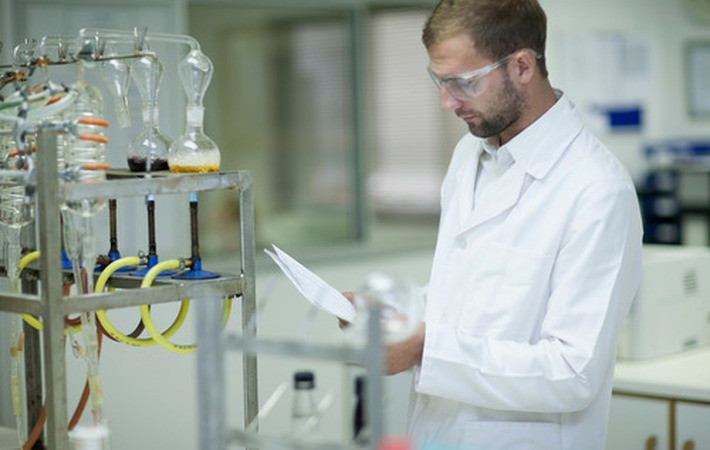
Published on 06/15/2016 | Use Cases
According to the most recent PwC CEO Survey, the chemical industry faces continuous challenges to growth and profitability, even in the best of times – over-regulation, geo-political unrest, and scarce resources and feedstocks come to mind as perennial issues. In addition, volatile energy costs have caused some chemical companies to move production facilities to the U.S. due to the current availability and low price of oil and gas from shale, but others have adopted a wait-and-see attitude because of uncertainty about the long-term sustainability of that price advantage. Chemical companies must continue to address these challenges with cost-cutting and margin-sustaining actions, but to support long-term growth will take more.
The most innovative chemical companies are focusing on understanding customers’ mindsets rather than simply relying on low prices to fuel growth. By understanding what customers truly want, these companies are using innovation and digital transformation to create distinctive new products and services that set them apart from competitors who compete on price alone.
For example, chemicals are not only important building blocks for many products, they also form the backbone for strategic initiatives that chemical company customers and their customers focus on. Sustainability and climate change come to mind as significant examples of a business concern that affects nearly every company in both developed and emerging countries.
Investing in R&D resources can create new products that help chemical industry customers be more sustainable or have less damaging environmental impact, hence standing out from their competitors. The Industrial Internet of Things (IIoT) also helps create stronger connections with customers and cements customer relationships based on differentiated products, new services, and shared values.
Progressive companies in every industry have started to use sustainability considerations as input to both long-range strategy and everyday decision-making. Big Data enables these companies to use high volumes of both structured and unstructured data from many sources to quickly evaluate the cost of sustainability choices or the climate impact of today’s product and service choices. This helps to align the value chain with suppliers whose value systems closely align with the company’s own. Just as importantly, when the entire supply chain is motivated by the same core values, it provides true differentiation in the eyes of customers who share those values.
Chemical companies with a reputation for being environmentally responsible, progressive thinkers have an easier time attracting top talent than their industry peers who stick with the status quo. People prefer to work for organizations that reflect their own values and priorities, so innovation that focuses on top-of-mind issues such as sustainability and climate change helps chemical companies recruit individuals with the necessary skills to drive new product innovation to fuel future growth.